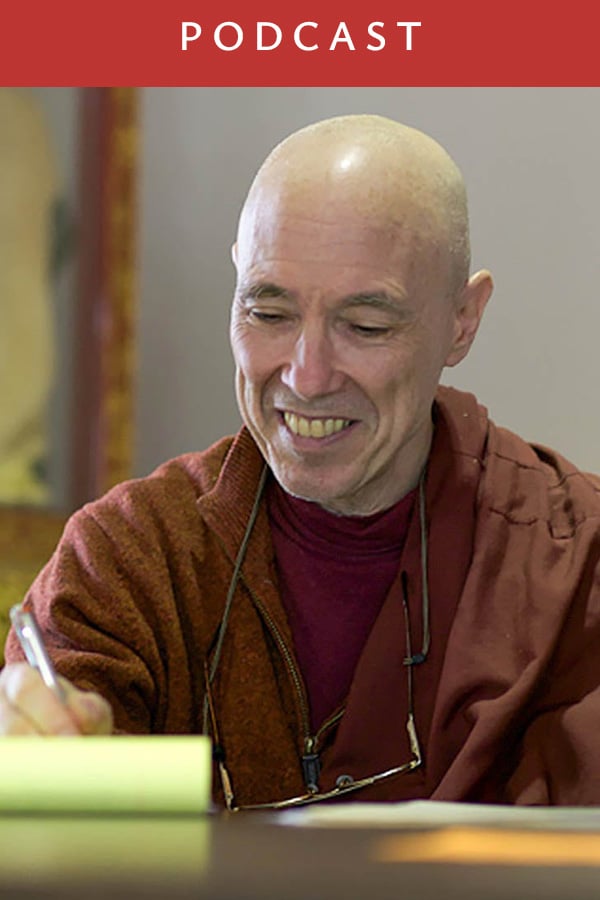here is more of the sutta:
https://suttacentral.net/mn72/en/sujato?lang=en&layout=plain&reference=none¬es=sidenotes&highlight=false&script=latin
When thus asked about the rebirth of one of liberated mind, the good Gotama replies [in each case] that this does not apply. [487] Herein, good Gotama, I meet with unknowing and confusion. Whatever confidence I had in the good Gotama from the previous friendly conversation is now gone.”
“It is proper, Vaccha, that you are unknowing and confused. This teaching is deep, Vaccha, difficult to see (duddaso), difficult to realise (duranubodho), peaceful (santo), excellent (paṇīto), beyond logical reasoning (atakkāvacaro), subtle (nipuṇo), to be experienced by the wise (paṇḍitavedanīyo). It is difficult for you to understand as you hold a different view, belong to another faith, depend on another’s influence, practise a different discipline, and have a different teacher.
- “I will ask you, Vaccha, a counter-question; please answer however you see fit. What do you think, Vaccha, if a fire was burning in front of you, would you know: ‘This fire is burning in front of me’?” “If, good Gotama, a fire was burning in front of me, I would know: ‘This fire is burning in front of me.”
“If then, Vaccha, you were asked: ‘Dependent on what is this fire burning?’ how would you reply?” “If, good Gotama, I was asked: ‘Dependent on what is this fire burning?’ I would reply: ‘This fire that is burning in front of me is burning dependent on grass and sticks’.”
“If, Vaccha, that fire burning in front of you were to go out, would you know: ‘This fire that was burning in front of me has gone out’?” “If, good Gotama, the fire burning in front of me were to go out, I would know: ‘This fire that was burning in front of me has gone out’.”
“If then, Vaccha, you were asked: ‘That fire in front of you that has gone out, in which direction has it gone — east (puratthimaṃ), south (dakkhiṇaṃ), west (pacchimaṃ), or north (uttaraṃ)?’ how would you reply?” “It does not apply, good Gotama. That fire, good Gotama, that was burning dependent on grass and sticks no longer burns because the fuel is consumed, and without getting any more fuel it is reckoned as having gone out.”
- “Thus also, Vaccha, by whatever material form the Tathāgata might be described, he has abandoned it, cut it off at the root, made it like a palm-tree stump, made becoming cease entirely by which there might be any future arising.
192 “Evameva kho, vaccha, yena rūpena tathāgataṁ paññāpayamāno paññāpeyya taṁ rūpaṁ tathāgatassa pahīnaṁ ucchinnamūlaṁ tālāvatthukataṁ anabhāvaṅkataṁ āyatiṁ anuppādadhammaṁ.
It repeats for the other khandhas…
consciousness by which a realized one might be described has been cut off at the root, made like a palm stump, obliterated, and unable to arise in the future.
Yena viññāṇena tathāgataṁ paññāpayamāno paññāpeyya taṁ viññāṇaṁ tathāgatassa pahīnaṁ ucchinnamūlaṁ tālāvatthukataṁ anabhāvaṅkataṁ āyatiṁ anuppādadhammaṁ
